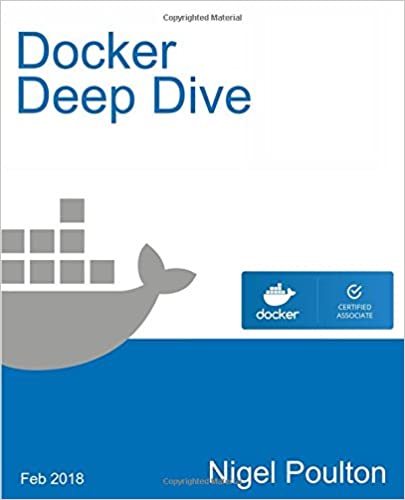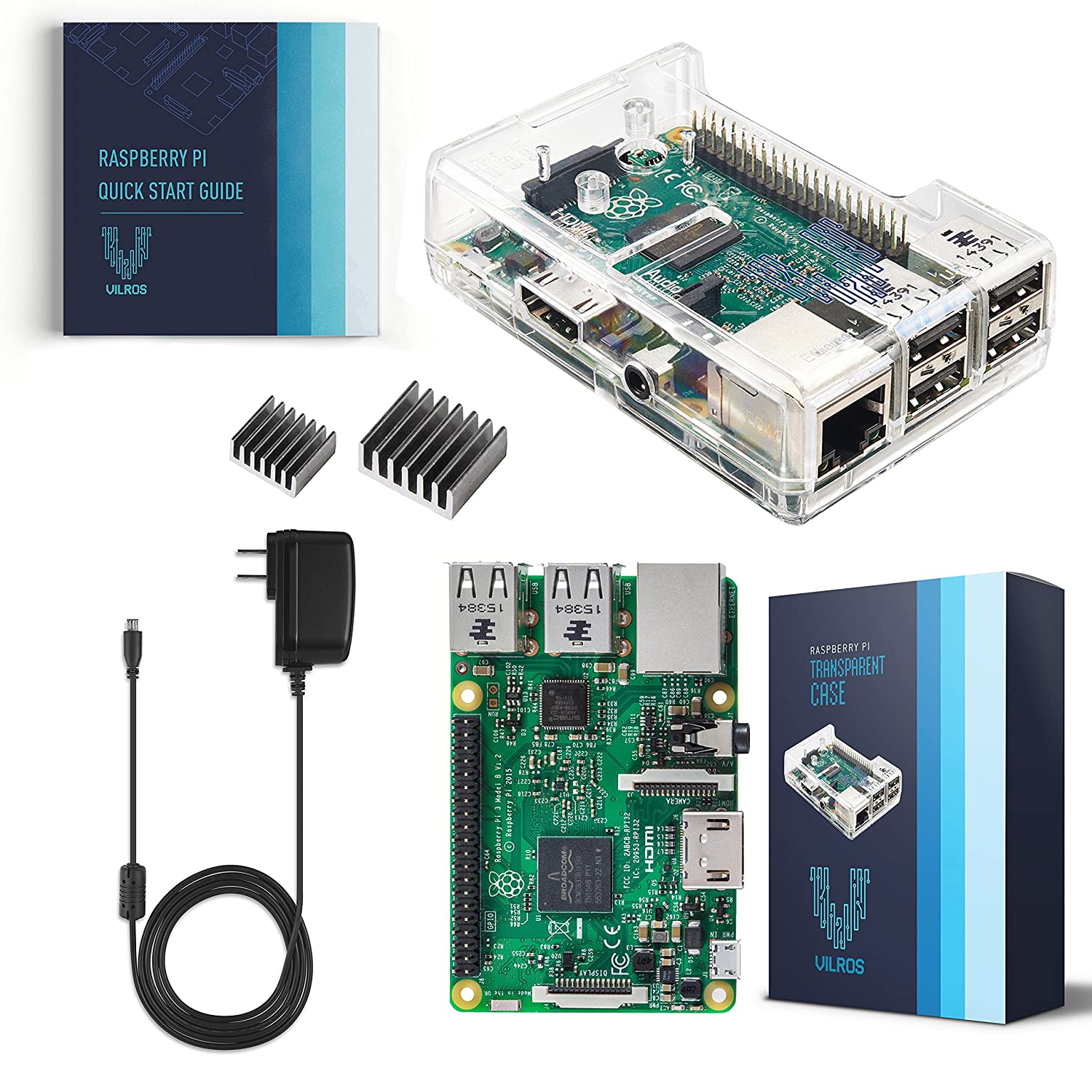; Date: Thu Jul 31 2008
Tags: Java »»»»
R.I.P Usenet: 1980-2008 ?? Surely you jest, surely this is one of those "the rumors of my death are greatly exaggerated" moments? Ah, but, there is some kernels of truth to the story..
Namely, well, I haven't dipped into any Usenet groups in years but the need for Usenet has IMHO been bypassed by the Web. I believe though that we've lost something in that Usenet's discussion was shared widely. In any case the story about the death of Usenet is that the junk in the binaries groups has been skewed heavily to warez and porn, especially kiddie porn, and that the ISP's have largely stopped carrying Usenet newsgroups because of the "why take the risk" and "why bother" memes.
There may be, as the article suggests, continued clusters of NNTP servers sharing a few newsgroups back and forth. But the Usenet of old is clearly gone.
I first found Usenet in (as near as I can remember) late 1985. It might have been 1986. I was a system administrator for a set of 4.2BSD Vaxen at the U of Kentucky. One of the others in the team graduated and went to work for AT&T Bell Labs, and began sending us mag tapes containing newsgroups and mailing list archives. As they used to say, never under-estimate the bandwidth of a station wagon full of mag tapes. Fascinated by the unix-wizards mailing lists and that ilk, I set about finding out how to get more.
At that time.. the U of Kentucky was not connected to external networks, no BITNET, no ARPANET, etc. Well, there was this Kentucky-wide "network" named KECNET which gave dialup terminal access to computer systems at various universities around the state. While it allowed for some interesting connections, with unix-wizards in my hands I had bigger fish in my sights. And there were!interesting!strange!clues!which!led!to!cbosgd and one Mark Horton. I was able to arrange for Usenet to be delivered to the U of Kentucky, and got 'ukma' to have a presence on Usenet.
But.. that ended up saddling the department with a large phone bill. Eventually the department chairman noticed the phone costs and raised a stink. I'm afraid the subterfuge of 'motss' didn't hide anything from him and still remember his sneer when he heard the phone bill was being spent bringing in 'motss' material. I ended up creating a shell script to help collect data about how widely the newsgroups were being read by the local users, and was able to show enough usage that the powers that were allowed our Usenet connection to keep running. Good thing, because by that time I was totally addicted. Oh, and that shell script? Brian Reid picked it up and used it as the data collection mechanism for the Usenet Arbitron service. hmmm...
Wow... just thinking about the kind of things which went on in Usenet-land. What fond memories. I feel privileged to have known Usenet during it's golden years, and to have been on the Usenet backbone committee.
April 1 every year was a special time. What rich tricks were played upon the hapless. The yearly posting from kremvax, priceless. One year I decided to forge a posting on comp.sys.amiga to look like it came from Dave Haynie, one of the lead designers of the Amiga. It said something like "I'm tired of boinging around, does anybody know of a good COBOL compiler for the Amiga so I can go back to writing business software"? That was a riot, especially when someone piped up saying he really did need a COBOL compiler for the Amiga.
So, okay, Usenet, dead? It's been a joke for such a long time. Tell me it ain't so. But, really, Usenet being still alive in this time frame would itself be a cruel joke. It's best to remember Usenet of the golden age, I guess, than to try and preserve it's antiquated ways which don't fit todays Internet.
cbosgd!ukma!david
Source:
weblogs.java.net











